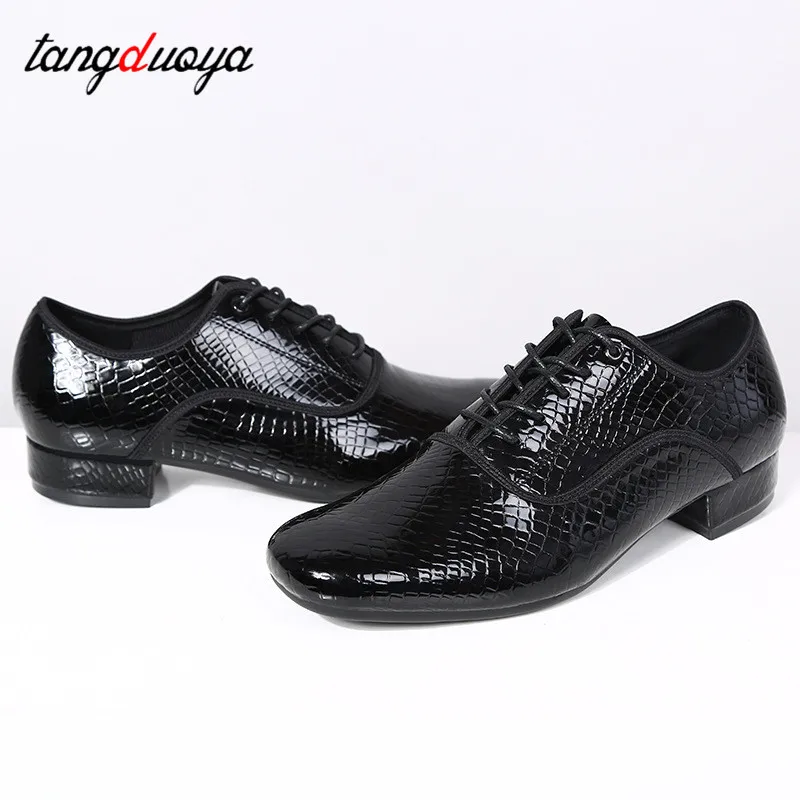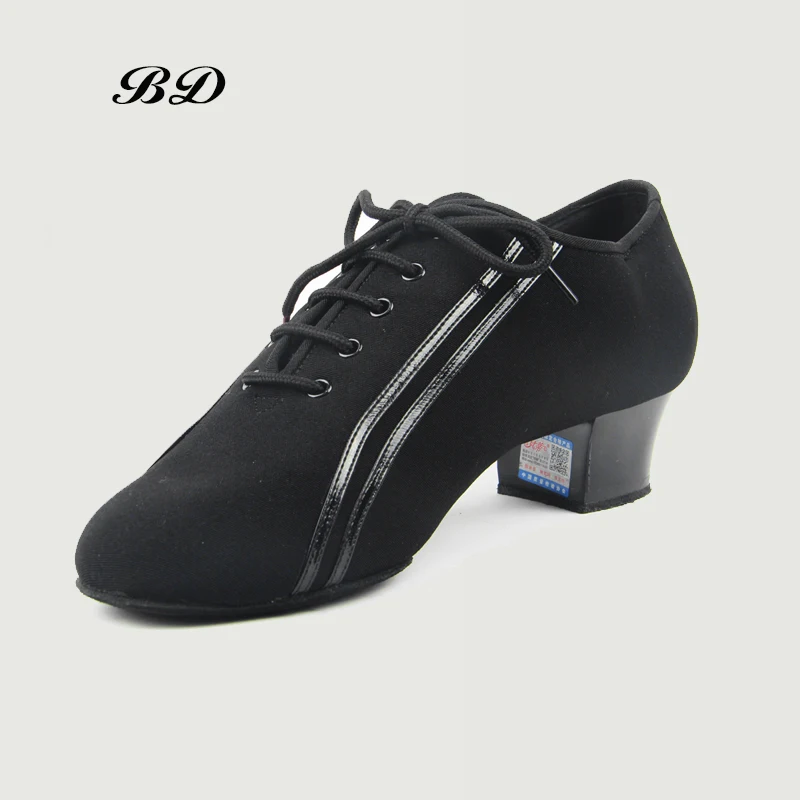What are the Key Differences Between Traditional Weightlifting and Olympic Weightlifting?
Traditional weightlifting, also known as bodybuilding, focuses on building muscle mass and hypertrophy through isolated movements performed with relatively light weights for high repetitions. On the other hand, Olympic weightlifting emphasizes power and explosiveness by utilizing compound movements like the snatch and the clean and jerk with heavy weights for low repetitions.
Key Differences:
- Movement Patterns: Traditional weightlifting is characterized by isolated exercises like bicep curls and leg extensions, while Olympic weightlifting involves full-body, compound movements.
- Weight Range: Traditional weightlifting typically uses lighter weights for higher reps, while Olympic weightlifting employs heavy weights for explosive movements.
- Goals: Traditional weightlifting prioritizes muscle growth and aesthetics, whereas Olympic weightlifting focuses on developing strength, power, and athletic performance.
- Training Frequency: Traditional weightlifting can be performed more frequently due to its lower intensity, while Olympic weightlifting requires more rest and recovery due to its demanding nature.
- Skill Level: Olympic weightlifting requires more technical skill and supervision than traditional weightlifting.
Choosing the Right Style:
The choice between traditional and Olympic weightlifting depends on the athlete's fitness goals and abilities.
- Muscle Building: Traditional weightlifting is better suited for building muscle mass.
- Strength and Power: Olympic weightlifting is the preferred choice for developing strength, power, and athletic performance.
- Experience: Beginners should start with traditional weightlifting to learn proper form before transitioning to Olympic weightlifting.
FAQs:
- What is the difference between the snatch and the clean and jerk? The snatch is a single, fluid motion that lifts the barbell from the ground to overhead in one movement. The clean and jerk is a two-step movement where the barbell is first lifted to the shoulders and then overhead.
- Can Olympic weightlifting be used for hypertrophy? Yes, but it is less effective than traditional weightlifting.
- Is Olympic weightlifting dangerous? Yes, it is a demanding sport that requires proper form and supervision to avoid injuries.
- How long does it take to master Olympic weightlifting? It can take several years to develop the necessary technique and proficiency.
- Is it necessary to lift heavy weights in traditional weightlifting? Not always. Lighter weights can be used for higher repetitions to achieve muscular endurance.
Related Hot Selling Products:
- Weightlifting Barbells
- Weight Plates
- Olympic Lifting Platforms
- Weightlifting Gloves
- Lifting Shoes
Pre:What Olympic sport is the hardest one to win a gold medal in and also what is the most gold medals a person can theoretically win
Next:Why is Olympic weightlifting so unpopular in the USA



















